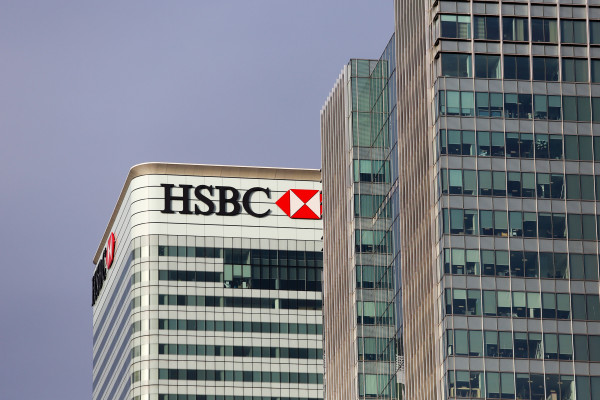

At the Birmingham meeting shareholders were asked to vote on whether HSBC should be banned from deducting the state pension from the contributions it makes for its employees.
The request was made by Midland Clawback Campaign Shareholder group and affects the Midlands section of the HSBC Bank (UK) Pension Scheme.
HSBC’s board had recommended that shareholders vote against the request.
According to the campaign group, ‘clawback’ has significantly reduced the pension income of more than 50,000 employees who joined the Midland Bank, and then HSBC, between 1975 and 1996.
Clawback was introduced in the 1940s and allows workers to pay lower contributions into their occupational pension plans.
It also allows employers to deduct some - or all - of the basic state pension amount from their pension payments.
The state deduction feature became part of the rules governing the pensions of HSBC Midland employees in 1975 and is applied to benefits accrued before July 2009.
According to the bank, abolishing such policy could cost £450m.
But in its statement to shareholders, the campaign group said the pensions clawback was disproportionate, favouring the highest paid and penalising the lowest paid; and creating financial hardship and indirect discrimination.
Campaigners said there was no link to salary or to the pension received in the way the state deduction is calculated.
For example, a senior manager retiring on a £75,000 annual pension, on reaching state pension age might suffer a deduction of £2,500 a year, which is equivalent to 3 per cent of their pension.
However, a back-office clerk/cashier retiring on £10,000 pension, with the same length of pensionable service, suffers the same £2,500 deduction, which corresponds to a 25 per cent reduction.
"This is grossly unfair and morally indefensible," the group stated.
Independent Labour MP Frank Field, chairman of the Work and Pensions select committee, has previously alerted to this situation.
But the HSBC board claims the policy "isn’t unfair, disproportionate or discriminatory".
The executives argued the state deduction feature of the scheme had been clearly and consistently communicated, and was being applied according to the pension fund rules.
The board also stated that HSBC’s external legal advisers had confirmed that the design and application of the policy "is legal and is not unlawfully discriminatory".
Members of union Unite protested outside the HSBC AGM last week, calling for a reform of the pension rules.
Dominic Hook, Unite national officer, said: "It is disgraceful that this profitable and wealthy multinational bank is withholding from pensioners a significant amount of their pension.
"These pensioners worked hard to earn this income for their retirement. The shameful practice of clawback could be costing a HSBC employee as much as £2,500 per year in lost pension pay-outs.
"Unite is calling on HSBC to address the practice of clawback which not only disproportionately penalises the lowest paid but also mainly female employees."
maria.espadinha@ft.com



